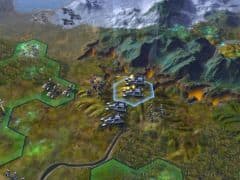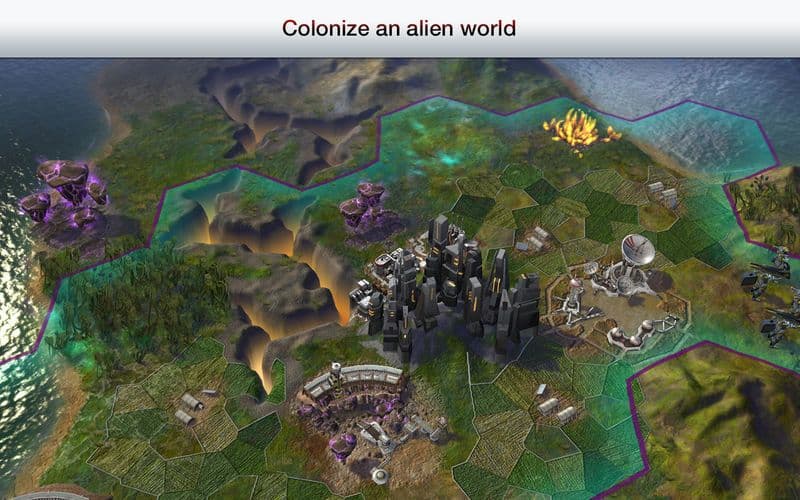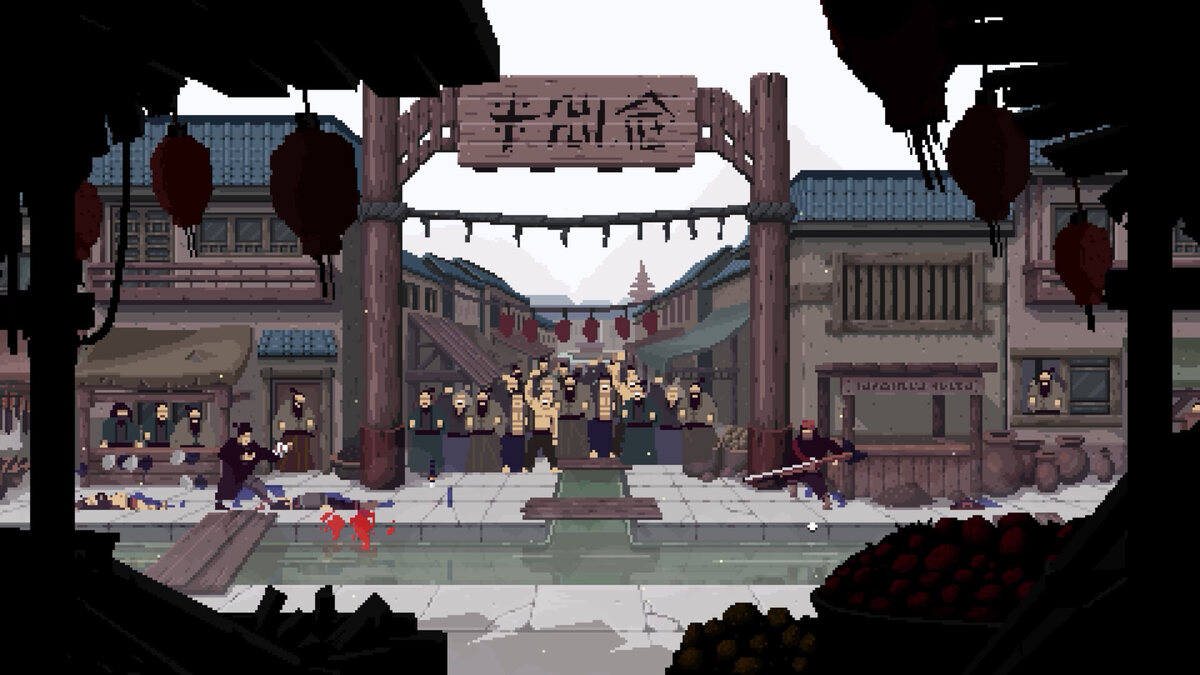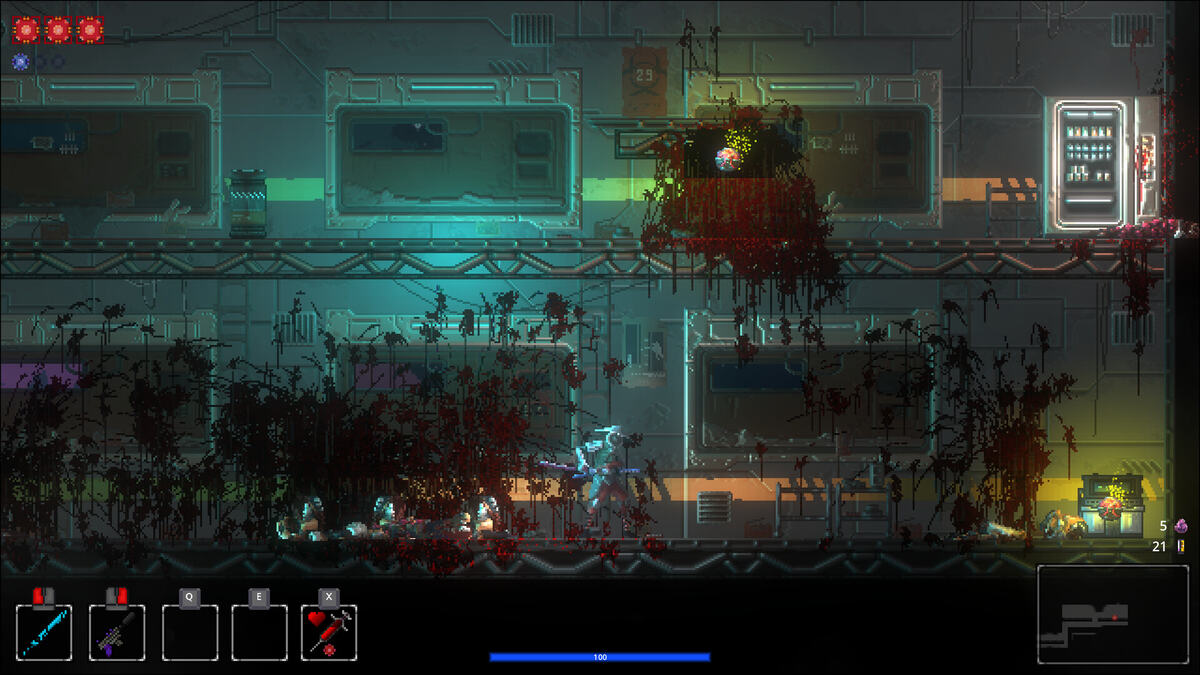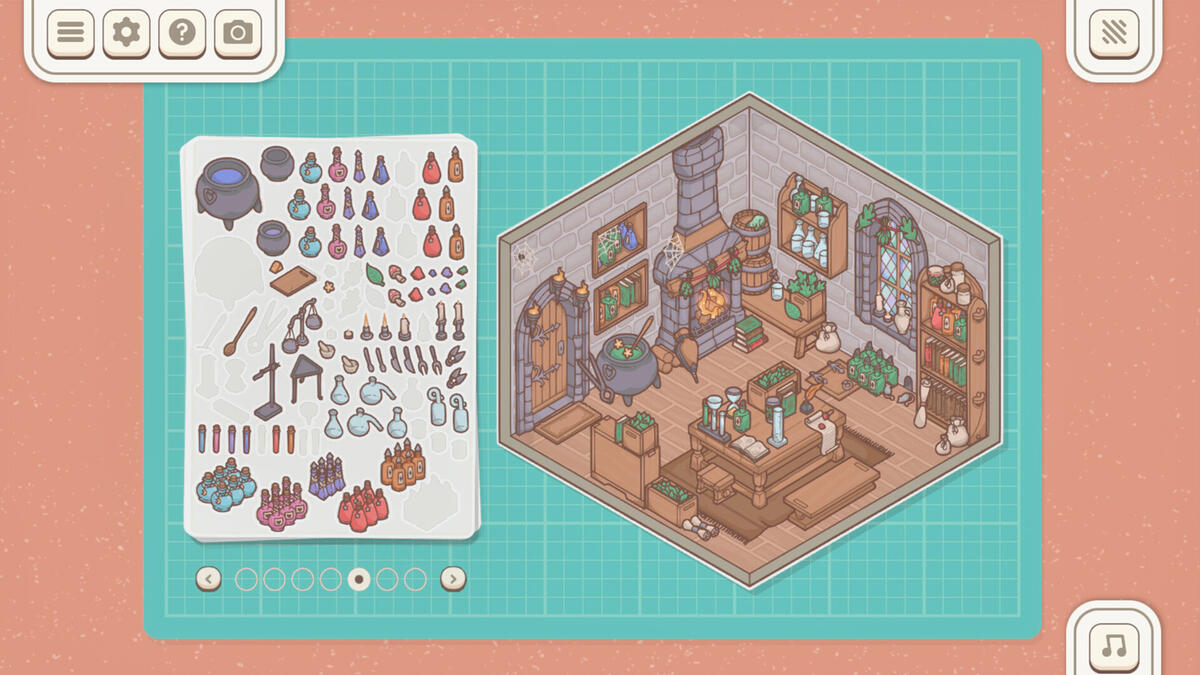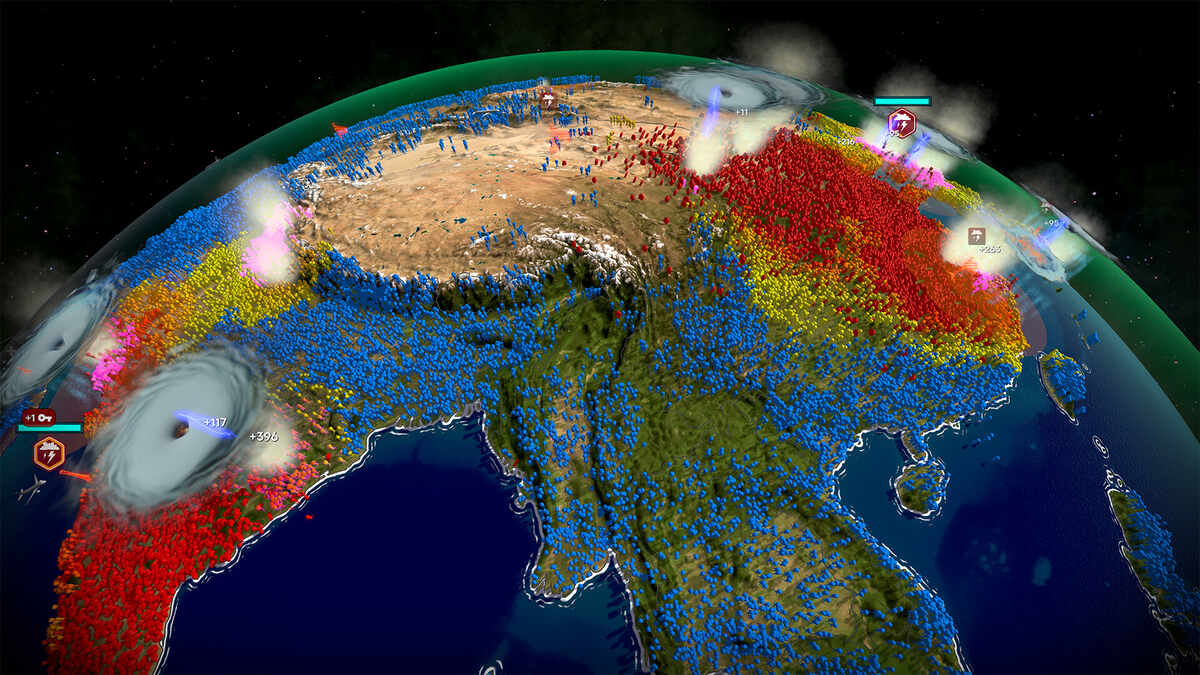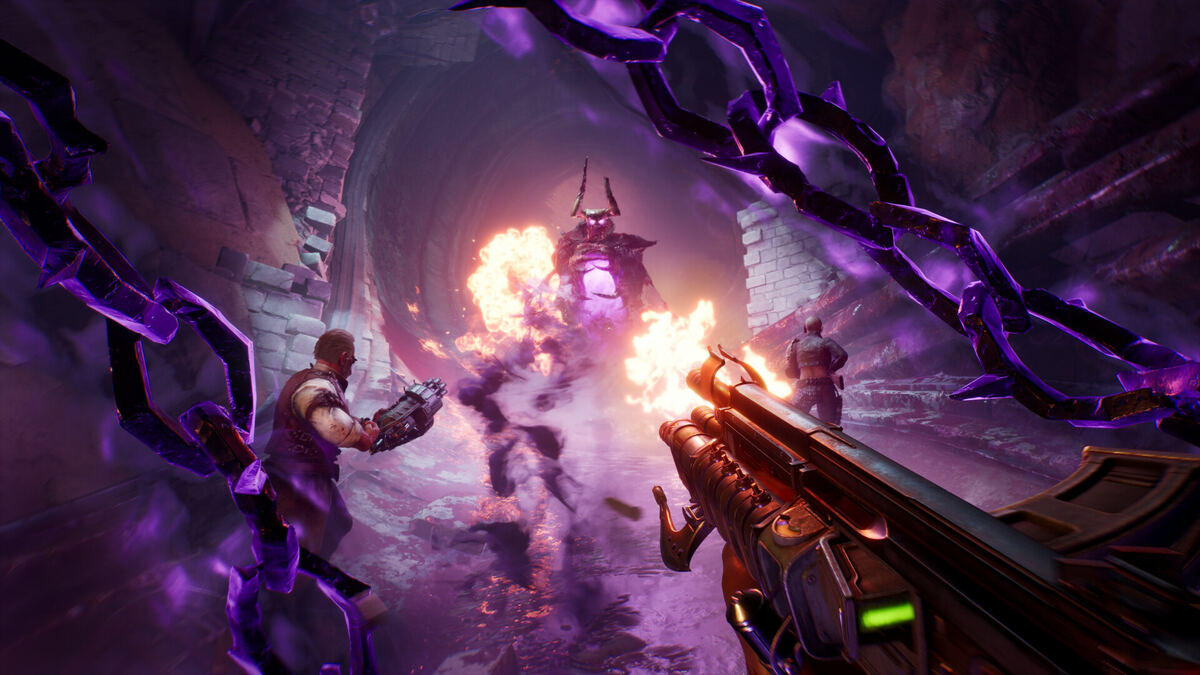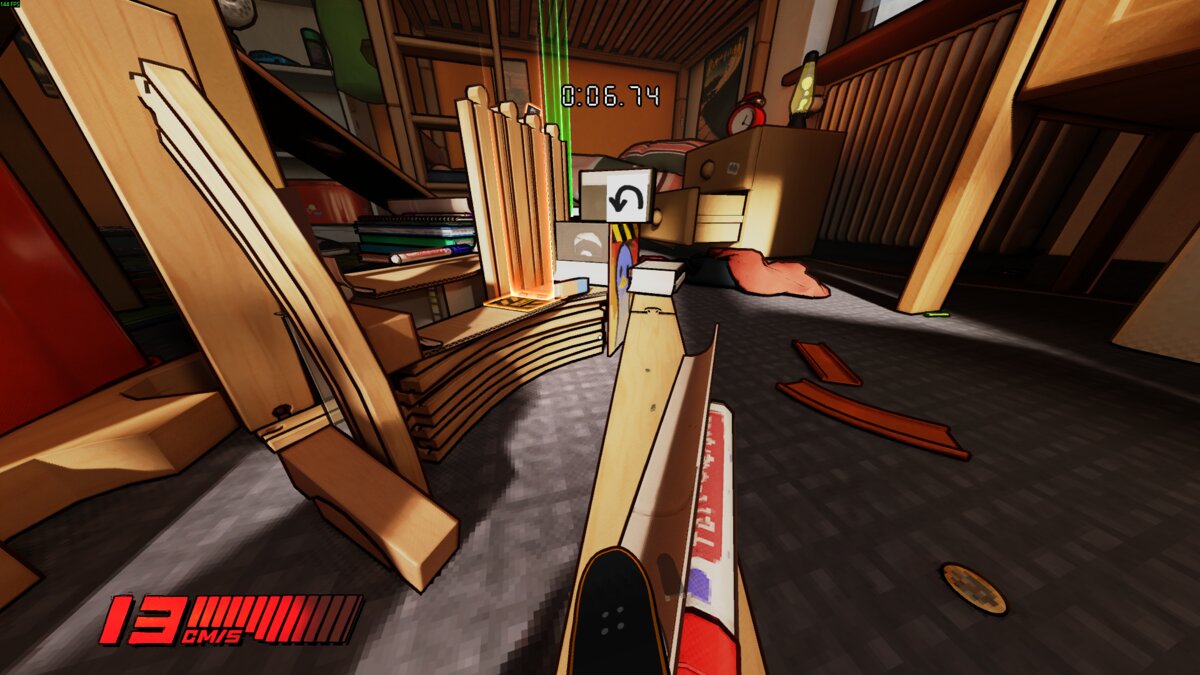You can trust VideoGamer. Our team of gaming experts spend hours testing and reviewing the latest games, to ensure you're reading the most comprehensive guide possible. Rest assured, all imagery and advice is unique and original. Check out how we test and review games here
Lead Producer Lena Brenk perfectly summed up the Civilization series during a Q&A session for Beyond Earth:
“The complexity doesn’t really come from any one system. Each system on its own isn’t really complex, the choices aren’t really complex, the complexity really comes from the systems working together.”
Though the core gameplay mechanics remain much the same as in Civ V, the overlapping principles have received a massive overhaul. We’ve rounded up six big changes to Civilization: Beyond Earth.
The Future!
/https://oimg.videogamer.com/images/6c24/civ_02.jpg)
For starters, Civilization no longer retreads the course of history. Instead Firaxis has taken the series back to the future. The game begins a few hundred years in the future, selecting a small population to take on a small spacecraft to humanity’s new home. The people you select will dictate the shape of your early Civ.
The Tech Web
/https://oimg.videogamer.com/images/8f66/civ_03.jpg)
Previously, technological research progressed along a largely linear path with just a few options to choose from at each juncture depending on your end goal. Now, we have the Tech Web: a giant, sprawling mass of options that spans in every possible direction. You can, of course, focus on tech catered towards one of the three Affinities, which we’ll get to in a moment, but the game encourages you to explore those which suit your environment.
Certain tech cannot be unlocked until more primitive technologies have been researched. There are also specialisations within each field which can be researched further.
Although the web can be overwhelming at first, Beyond Earth allows for a little experimentation in the early parts of the game. Lead designer David McDonough discussed how Firaxis hope the tech web is treated:
“When you start the game, what we hope that you do is look around for the techs that are relevant to your immediate situation. If I’m surrounded by bugs, I’m going to invest in computing and engineering because that’s where I get military advances. If I’m surrounded by rich resources then I’ll invest in genetics, ecology and chemistry to improve them and make my cities very strong.
“So for the first third of the game or so, you can play very adaptively and kind of like pick and choose the techs that are really good fits for the situation on the ground. But then when you start to make your victory run, and really start to power up for it, then it starts to be more advantageous to specialise.”
So you’ll have a lot more room to test the waters in Beyond Earth. Civ V very much pushed you towards the end game, with many boxes needing to be ticked in order to unlock advanced tech. The options available from the get go mean it’ll be very much a case of trial and error, and that’s where the fun lies: learning from past expeditions and taking them through to your next adventure.
Affinities and Virtues
/https://oimg.videogamer.com/images/7b92/civ_04.jpg)
Rather than adopting social policies like in Civ V, there are two new principles called Affinities and Virtues.
Affinities are earned by gaining experience through the Tech Web, and are considered the core philosophies of your civilisation. There are three main Affinities: Harmony, Purity and Supremacy. Harmony seeks to fuse humans with the planet, combining human intelligence and alien technologies. Purity is of the belief that humans should exist independent of the planet, while Supremacy aims to mould the world to human will.
Virtues shape your play style, and you can select from one of four types: Might, Prosperity, Knowledge and Industry. Within each group, there are boosters which can be applied to your city, like ten per cent improvement to movement speed. There’s also bonuses for unlocking a certain number of perks either within one or across all four Virtues. So, unlocking eight Prosperity Virtues will reward you with a meta-bonus, as will unlocking eight level one Virtues of any kind, for instance.
Again, a complex mechanic in theory, but simple once you actually play the game, and another cool example of how Civ Beyond Earth feels like a much more personalised experience.
Quests and Decisions
/https://oimg.videogamer.com/images/e73b/civ_05.jpg)
Aside from the tech you research, cities to build and everything there is to discover, you’ll also have new side quests. These can vary from snap decisions such as which type of research building you want to multi-turn objectives like collecting items from a shuttle drop miles away from your cities.
These quests are great little distractions while technology is being developed or improvements are being built. The decisions which have an immediate impact on your city also create a sense of personalisation to a much greater degree than in previous Civ games. It’s a nice new feature that keeps you engaged at times when you may previously been ticking over turns.
A living landscape
/https://oimg.videogamer.com/images/ffb8/civ_06.jpg)
Civ V had its Barbarians, which could prove troublesome enough, but now there’s loads of indigenous lifeforms to deal with. Be it the city-destroying Siege Worms or the ever-advancing Alien Wolf Beetles, there’s so much to be mindful of, and the collective group react to your decisions.
If cities and military are particularly aggressive towards the aliens, then they in turn will be equally aggressive, more so towards their attackers. So trying to make peace or dominate the planet is a choice you must make early.
Then there’s the resources, one of which is Miasma. Humans are vulnerable to Miasma, with units taking damage if left on a tile with the substance, but you can harness the source through research to remove the weakness.
The end game
/https://oimg.videogamer.com/images/abab/civ_07.jpg)
Naturally, as one of the methods of victory previous Civ games was to get to space, the rules for victory have completely changed for Beyond Earth. *Minor spoilers if you prefer to discover how to end the game on your own!*
There is still the domination victory type, in which you simply destroy everything and rule with an iron first. But aside from that, each Affinity has its own method of victory.
The Harmony path pays homage to the Transcendence victory from Alpha Centauri, in which players discover the planet is sentient, and develop technologies to fuse your civilisation’s intelligence with it.
The Purity path has you re-establish communication with Earth, and develop a warp gate to bring settlers from the home planet to the new world. Lead designer Will Miller discussed the problems this will create in the game, too, “you have to have room for the settlers, you have to settle x number of them, protect them, obviously the other Civs are not going to like that, so that’ll cause conflict,” so be prepared for a backlash from the other leaders who will be looking to win the game via their own means.
The Supremacy victory has a similar, though much more sinister, win path. You re-establish communication with Earth, though instead of using the warp gate to bring settlers to the new world, you take an army back to earth in order to rule the planet. Quite fittingly, this is called ‘Emancipation’.
The final method of victory is called ‘Contact’, which Miller notes is an homage to Carl Sagan’s novel of the same name. Players discover an alien signal through one of several means, and must build a beacon to make contact with the newly-discovered life form.
